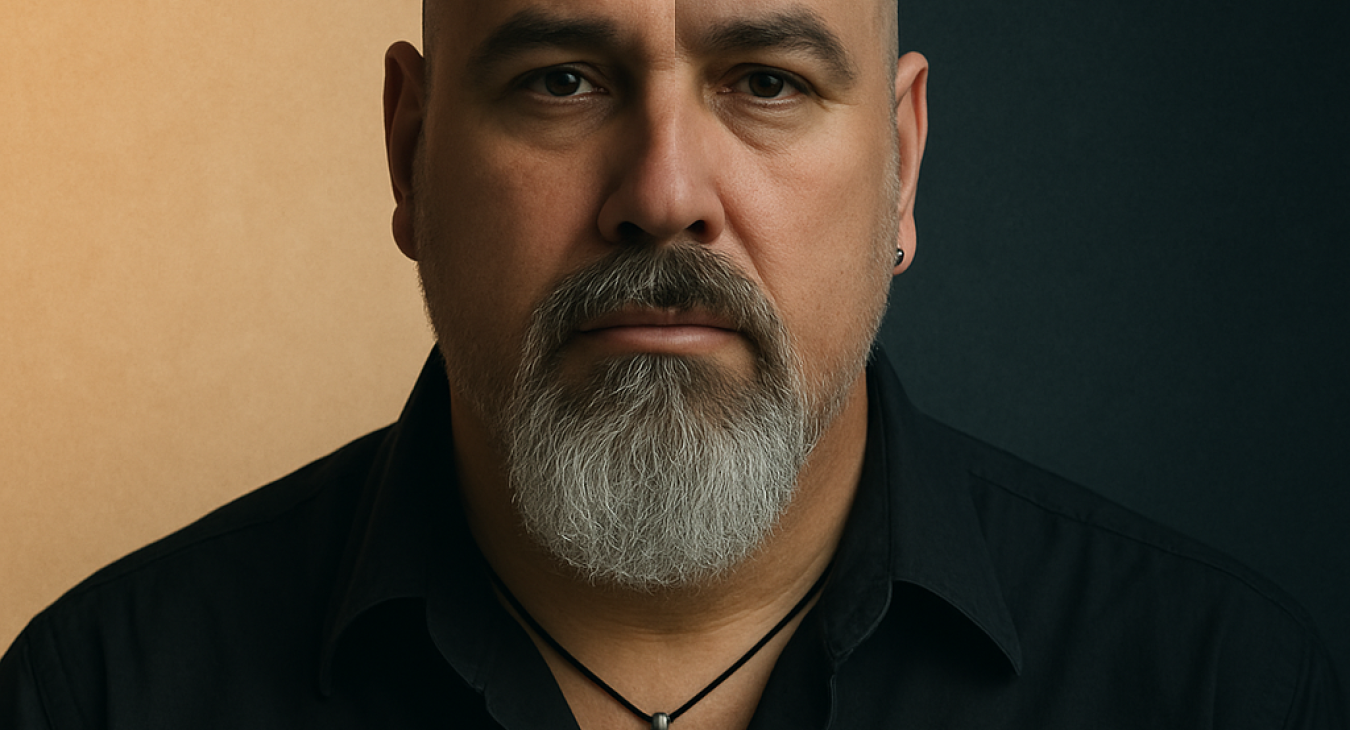“In order to heal, it is essential to gather the strength to think negatively... it is a willingness to consider what is not working. What is not in balance? What have I ignored? What is my body saying no to?”
Gabor Mate, When The Body Says No
Why Positive Thinking on Its Own Doesn’t Work
Positive thinking is everywhere. It’s in self-help books, motivational talks, and plastered across social media in the form of quotes and affirmations. The message is simple: if you think positively, good things will follow. There’s truth in this idea, our mindset can shape how we react against challenges and opportunities. But when positive thinking is treated as a panacea, it can actually make life harder.
Many men who struggle with anxiety, grief, or low self-esteem find that just being positive doesn’t touch the depth of what they’re going through. In some cases, it can even feel invalidating, as if their real pain is being brushed aside. In counselling, I’ve seen how important it is to acknowledge the full picture rather than papering over difficulties with positivity alone.
Why then positive thinking on it’s own doesn’t work and are there any more productive alternatives?
You Can’t Ignore Negative Emotions
Positivity becomes toxic when it pushes us to ignore emotions we’d rather not face. Sadness, anger, fear, and grief aren’t signs of weakness, they’re natural responses to life. If we tell ourselves to “just focus on the bright side,” we might bury those feelings, but they don’t disappear.
Take grief as an example. No mantra or affirmation can erase the heartbreak of losing someone. Positive memories may bring comfort, but if they’re used to avoid pain, the healing process stalls. In counselling, people are often surprised by how freeing it feels to give sadness, anger, or guilt the space to be felt instead of pushed away.
Optimism Without Action Can Backfire
Optimism can be motivating, but it risks becoming a trap when it encourages passivity. Believing that “things will work out” without taking practical steps can keep us stuck. For example, someone is dealing with work related stress might repeat to themselves that “tomorrow will be better day,” but if they don’t set boundaries, ask for support, or seek help, the stress remains.
Working with a counsellor, online or face to face, can help balance optimism with action. Therapy often blends hope with honesty, helping people see where positive reframing is useful and where concrete change is needed.
Positive Thinking Doesn’t Build Resilience
There’s a common belief that you can overcome anything if you just believe in yourself. While self-belief matters, it isn’t the whole story. Resilience doesn’t come from avoiding pain with positivity; it develops when we face challenges, adapt, and find ways to cope.
Real resilience often grows through struggle. Setbacks, while difficult, can deepen our capacity to endure and recover. In counselling, clients often discover strengths they didn’t know they had, not because they denied their problems, but because they engaged with them fully.
Seeing Only the Bright Side Can Skew Judgement
If we only look at the positives, we risk making poor decisions. Imagine someone staying in a damaging relationship because they keep telling themselves, “If I stay positive, things will change.” By focusing only on potential good, they ignore the very real harm being caused.
A healthier approach is to have an honest view of both risks and opportunities. In therapy, this often means reality checking situations, weighing options, and making choices that honour both your hopes and your limits.
The Pressure to Stay Positive Can Be Exhausting
Many people feel drained by the pressure to stay upbeat. Smiling when you feel broken inside creates a disconnect that increases stress and anxiety. It can also create shame, “If I can’t be positive, something must be wrong with me.”
But nothing is wrong with you for feeling what you feel. True wellbeing comes from authenticity, not forced positivity. That means letting joy arise when it’s there, but also giving yourself permission to feel sadness, frustration, or fear without judging yourself for it. Counselling supports this kind of authenticity by creating a space where all emotions are welcome.
What Really Helps Against Toxic Positivity?
So, if positive thinking on its own doesn’t work, what does then? Real growth usually comes from a combination of:
• Self-awareness. Understanding your feelings and patterns.
• Resilience. Building the capacity to recover from setbacks.
• Practical steps. Making realistic, grounded changes.
• Support. Leaning on friends, family, or professional counselling.
Positivity has its place, but it’s not a stand alone fix. When combined with action, reflection, and support, it can be powerful. On its own, though, it often leaves us stuck.
A More Honest Way Forward
Life isn’t about staying endlessly upbeat; it’s about being real. Some days will feel heavy, others hopeful. Both states matter. Positive thinking can light the way, but it’s not enough to carry us through the darker stretches.
If you’ve ever felt frustrated that thinking positive isn’t solving your problems, you’re not alone. Sometimes the most healing thing you can do is admit that things are hard, and then reach out for support. Whether through online counselling or finding a counsellor near you, there’s real value in having a space where positivity isn’t forced, and where your full, authentic self is welcome.
George Papachristodoulou
